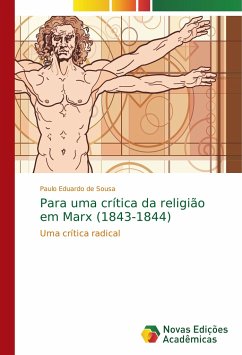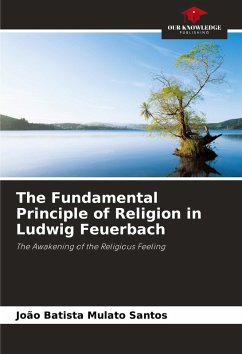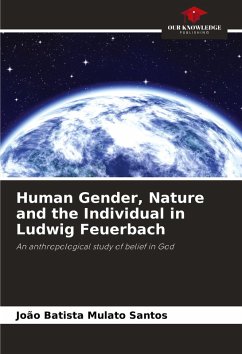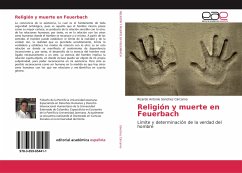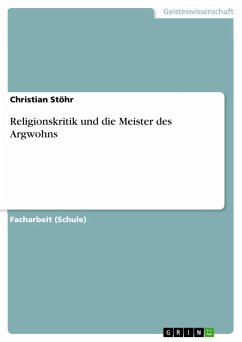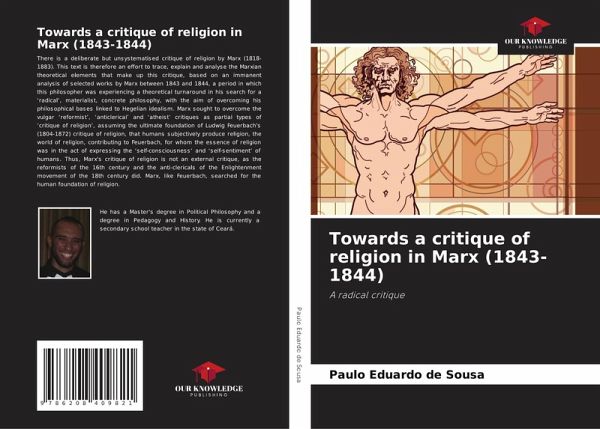
Towards a critique of religion in Marx (1843-1844)
A radical critique
Versandkostenfrei!
Versandfertig in 6-10 Tagen
43,99 €
inkl. MwSt.

PAYBACK Punkte
22 °P sammeln!
There is a deliberate but unsystematised critique of religion by Marx (1818-1883). This text is therefore an effort to trace, explain and analyse the Marxian theoretical elements that make up this critique, based on an immanent analysis of selected works by Marx between 1843 and 1844, a period in which this philosopher was experiencing a theoretical turnaround in his search for a 'radical', materialist, concrete philosophy, with the aim of overcoming his philosophical bases linked to Hegelian idealism. Marx sought to overcome the vulgar 'reformist', 'anticlerical' and 'atheist' critiques as pa...
There is a deliberate but unsystematised critique of religion by Marx (1818-1883). This text is therefore an effort to trace, explain and analyse the Marxian theoretical elements that make up this critique, based on an immanent analysis of selected works by Marx between 1843 and 1844, a period in which this philosopher was experiencing a theoretical turnaround in his search for a 'radical', materialist, concrete philosophy, with the aim of overcoming his philosophical bases linked to Hegelian idealism. Marx sought to overcome the vulgar 'reformist', 'anticlerical' and 'atheist' critiques as partial types of 'critique of religion', assuming the ultimate foundation of Ludwig Feuerbach's (1804-1872) critique of religion, that humans subjectively produce religion, the world of religion, contributing to Feuerbach, for whom the essence of religion was in the act of expressing the 'self-consciousness' and 'self-sentiment' of humans. Thus, Marx's critique of religion is not an external critique, as the reformists of the 16th century and the anti-clericals of the Enlightenment movement of the 18th century did. Marx, like Feuerbach, searched for the human foundation of religion.







